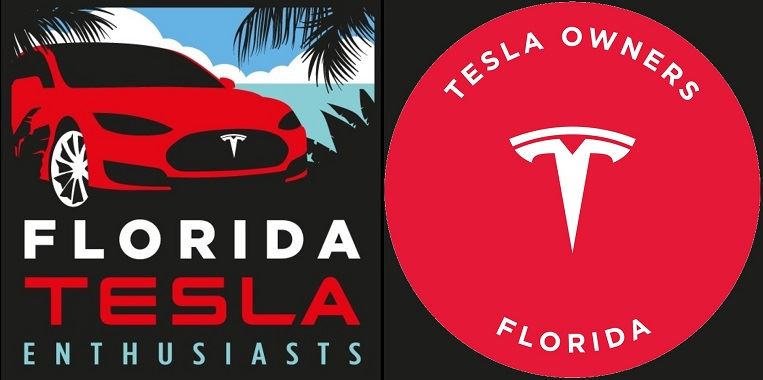
On February 5, 2021, the Committee on Ways and Means introduced the comprehensive 88-page "Growing Renewable Energy and Efficiency Now (GREEN) Act of 2021."
Section by Section Summary Refer to Subtitle D—Greening the Fleet and Alternative Vehicles
New Electric Vehicles (Battery Electrics & Plug-In Hybrids)
The bill extends tax credits of up to $7,500 to purchase new electric vehicles (EVs). It increases the cap from 200,00 to 600,000 for the number of EVs manufacturers can sell before triggering the phaseout of the credit. However, it reduces the amount of credit to $7,000 after the first 200,000 EVs sold.
The phaseout period begins during the second calendar quarter after the 600,000-vehicle threshold is reached. At the start of the phaseout period, the credit is reduced by 50 percent for one calendar quarter and then ends.
For manufacturers that pass the earlier 200,000-vehicle threshold before the enactment of the bill, the number of vehicles sold between 200,000 and those sold on the date of enactment are excluded in determining when the 600,000-vehicle threshold is reached. This condition applies to General Motors and Tesla.
Used Electric Vehicles (Battery Electrics & Plug-In Hybrids)
The bill creates a new refundable credit for buyers of used EVs from the date of enactment through 2026. Buyers can claim a base credit of $1,250 for the purchase of qualifying used EVs, with additional incentives for battery capacity.
The credit is capped at the lesser of $2,500 credit or 30% of the sale price. To qualify for this credit, used EVs must meet the same eligibility requirement as for new EVs per existing IRS provisions. The credit will not exceed a sale price of $25,000 and must be a model year at least two years earlier than the date of sale.
Buyers with up to $30,000 ($60,000 for married couples filing jointly) in adjusted gross income (AGI) can claim the full amount of the credit. The credit phases out so that buyers with below $40,000 ($70,000 for married couples filing a joint return) in AGI may be eligible for a reduced credit.
Buyers must purchase the vehicle from a dealership for personal use and cannot claim the credit more than once every three years. The credit only applies to the first resale of a used EV and includes restrictions on sales between related parties.
Charging Infrastructure
The bill extends the alternative fuel vehicle refueling property credit through 2026. Beginning in 2022, it expands the credit for charging infrastructure by allowing a 20% credit for expenses in excess of $100,000. This provision allows a credit for expenses beyond the current limit if certain requirements are met. To qualify for this uncapped credit, the property must:
- be intended for general public use and either accept credit cards as a form of payment or not charge a fee
- be intended for exclusive use by government or commercial vehicle fleets.
Zero-Emission Heavy vehicles and Buses
The bill creates a manufacturer credit for the sale of zero-emission heavy vehicles starting after the date of enactment through the end of 2026. Eligible manufacturers may claim a credit of 10% of an eligible vehicle's sale price, capped at a credit of $100,000 per sale. To be eligible, vehicles must be for domestic use, weigh no less than 14,000 pounds, must not include an internal combustion engine, and be propelled solely by an electric motor that draws electricity from a battery or fuel cell.
Solar Provisions
The GREEN Act also includes a five-year extension on the solar Investment Tax Credit (ITC), which significantly promotes the adoption of solar systems. The ITC would be extended at 30% through the end of 2025, then phased down to 26% in 2026, 22% in 2027, and 10%.
Moving Forward
The GREEN Act of 2021 is a crucial piece of legislation that bears watching. This federal bill will have far-reaching effects on electric vehicle and solar adoption. It will accelerate the already robust Florida EV market. For instance, the passage of this bill would lower the cost of a Model 3 to about $32,000, including destination fees. The bill will have a ripple effect on transportation considerations in Florida and foster a sense of urgency for pending state EV legislation and initiatives.
Stay tuned.
Larry Chanin
President, Florida Tesla Enthusiasts
email: lfchanin@gmail.com
Website: teslaownersflorida.org
Facebook: Florida Tesla Enthusiasts


